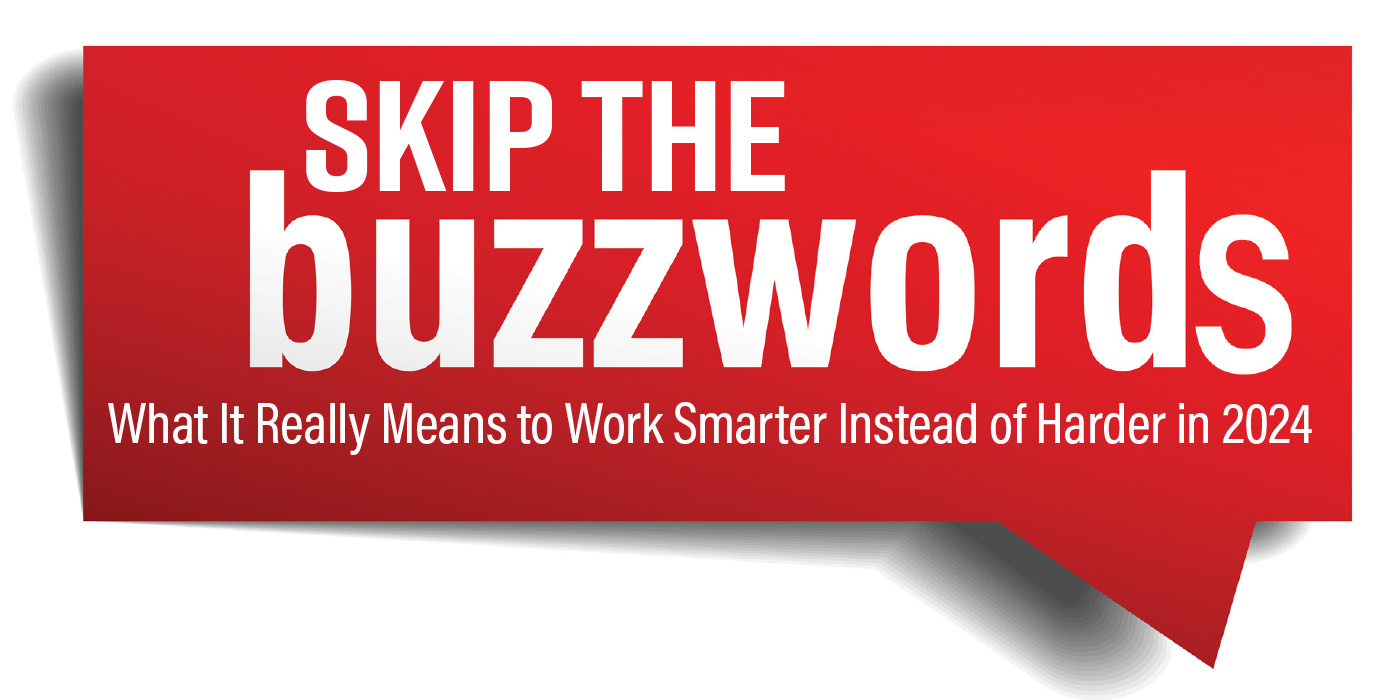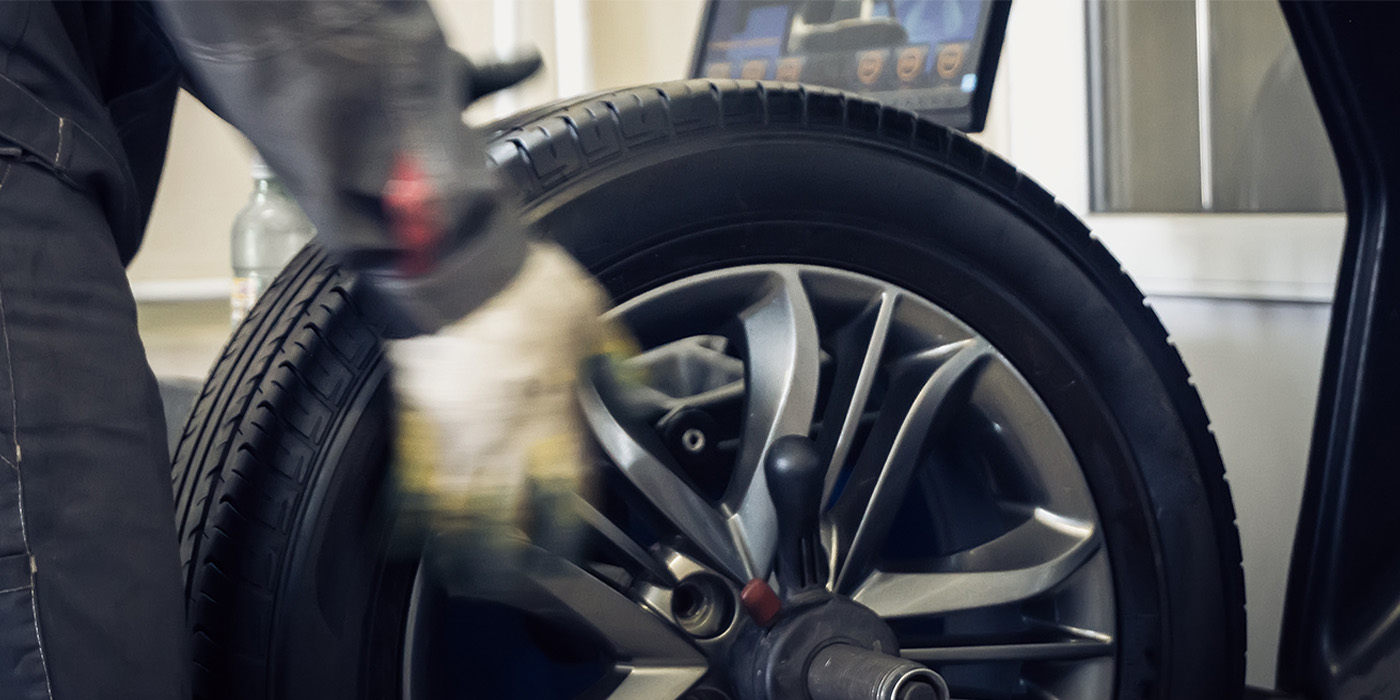By Bob Cooper
When it comes to customer follow-up calls, let’s first talk about “who” you should call. You should call all first time customers (even if they just came in for an oil service) to thank them for choosing your facility. Secondly, you should call all “repair” customers to confirm that the repair, and the quality of your service, met with their expectations.
Who should you not call? Repeat customers who had nothing more than maintenance service provided. We’ve found that most customers don’t appreciate follow-up calls regarding “oil services.”
Who should make the calls? In a perfect world – the service advisor. Not only does he or she know the customer and the service that was provided, but when the doctor calls the patient, it sends a strong message that the doctor cares. The exceptions are when a sale is lost, or you sense that there may have been an issue with a customer. In these cases, the owner or manager should call.
And of course, owners or managers should still make random follow-up calls to ensure that the service advisors are doing a great job with the customers, and accurately reporting.
If you hire an outside person to make the calls, make sure that you pay them by the hour and not per call. Otherwise, you’ll run the risk of having them rush through the calls. When these calls are made, you need to learn three things: If the customer was pleased with the service, if the repair met with their expectations, and what you can do to improve your services.
When should you call? Early evening is typically best. When answering machines pick up, you’ll need to leave a professional message that closes with, “If you have any questions at all, or if there is anything else we can do to help, please don’t hesitate to call us at 858-756-3102. That number again … is 858-756-3102.”
For additional help improving your customer retention and CSI scores, learn more about the Elite Masters Service Advisor Training Program.













